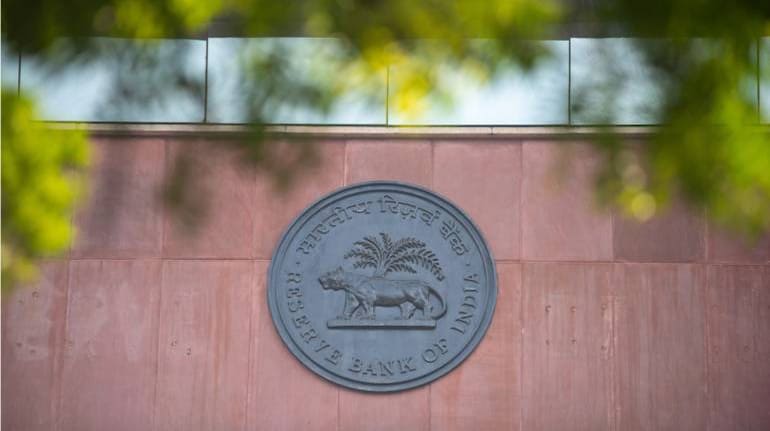



If the Reserve Bank of India’s diktats in 2022 were not clear enough, 2023 made it very specific that all fintech innovations in the country should be within the spirit of the regulation.
At the fag end of the year, RBI increased the credit risk weight on unsecured consumer loans, which meant those who are lending to these segments will have to infuse more capital to lend the same quantum of loans. This has considerably slowed digital lending through fintech platforms, especially in the small-ticket loans below Rs 50,000, where the RBI sensed over-leveraging among a large section of customers. This severely affected Paytm and several other fintechs, which have grown their revenue at a brisk pace, thanks to the commission revenue.
Earlier in the year, the central bank mandated that the first loss default guarantee, popularly known as FLDG, should not be greater than 5 percent. A lot of high-growth startups were giving FLDG much higher than that to ensure that non-banking financial companies and banks were interested in lending through their platforms.
The regulator also came up with rules for cross-border payment players this year that are in line with the regulations for domestic payment gateways that will make it easier for the government to monitor high-value transactions and money laundering.
"Several fast growing fintechs realised that rather than playing in the grey area it is better to get regulated. The RBI’s clear message is that it is the fintech’s duty to think about what existing regulations would apply to them. You cannot innovate a new category and hope that the regulator won’t notice,” said Vikram Chachra, founding partner at 8i Ventures, a fund that invests in fintechs.
Chachra is advising startups to ensure that they follow the regulations in spirit and not just in letter before investing in fintechs. “There should be no contravention of the RBI’s unwritten rules and if done that, you will be rewarded by the regulator,” he added.
One of 8i Ventures’ investee companies Slice was rewarded with a small finance banking (SFB) licence through acquisition. Earlier Slice was the company that pioneered credit lines on prepaid wallets, which RBI disallowed last year.
At the Moneycontrol Startup Conclave, RBI deputy governor Rabi Shankar said that if there are no regulations in a specific area where a fintech operates, the existing regulations for the nature of the product will govern the fintech.
For instance, if a product is unsecured consumer credit, RBI’s regulations on personal credit and loans should apply. If the fintech end product is a credit card, existing rules for a credit card will govern the policies about the fintech.
"This year has called for revalidation of business and risk models and prioritising stability over experimentation,” said Vijay Mani, partner for banking and capital markets at Deloitte, South.
There was another indication that if fintechs play by the RBI rules they will be rewarded. After being on hold for more than a year, in December, RBI rolled out the final licences for six payment aggregator companies including Razorpay, Cashfree, Google Pay, Enkash, Paymentz and neobanking firm Open.
Over the past couple of years, RBI has also been strengthening the know-your-customer (KYC) practices apart from suggesting that some of the regulatory data in the financial services domain be stored at IFTAS, an RBI subsidiary that runs data centre apart from providing several IT services to banks and NBFCs.
“While the regulatory clarifications have created chaos and business disruptions, these regulatory measures have provided clarity to the industry and the ones that will survive will thrive,” said a senior executive with a fintech unicorn.
The rise and rise of UPI
Another remarkable achievement of the country's digitalisation goal was the continued growth of digital payments on the unified payments interface (UPI) platform. This has been aided by the regulatory and government support of the platform, making it the largest instant mobile payment platform in the world.
In 2023, the platform launched several new features from UPI Lite (no pin payments), tap and pay (NFC-based contactless payments), UPI at ATM (money withdrawal without debit cards), Hello UPI (voice command-based payments) and credit line on UPI.
Though credit cards on UPI are facing a speed breaker this year in the form of merchant opposition, the popularity of UPI has made Rupay credit cards popular. Visa, Mastercard and others are not yet onboarded on credit on UPI. The payments through the platform are rising rapidly.
In August this year, UPI crossed 10 billion transactions a month for the first time and has managed to do so in all the subsequent months as well. The platform saw more than Rs 17 lakh crore worth of transactions in October and November. To put this in perspective, the total value of credit card transactions in a month is only one-tenth of this figure.
NPCI is targeting around 30 billion transactions a month or one billion transactions a day within the next two to three years.
From what started as an inter-person money transfer system during the initial 2-3 years, UPI is increasingly driving commerce in the country, with around 57 percent of transactions now being merchant transactions.
The humongous growth is in no small measure powered by the ubiquitous QR code, which millions of merchants have adopted over the last two years. UPI is estimated to have over 330 million unique users and around 70 million merchants deploying over 256 million QR codes across the country.

Discover the latest Business News, Sensex, and Nifty updates. Obtain Personal Finance insights, tax queries, and expert opinions on Moneycontrol or download the Moneycontrol App to stay updated!